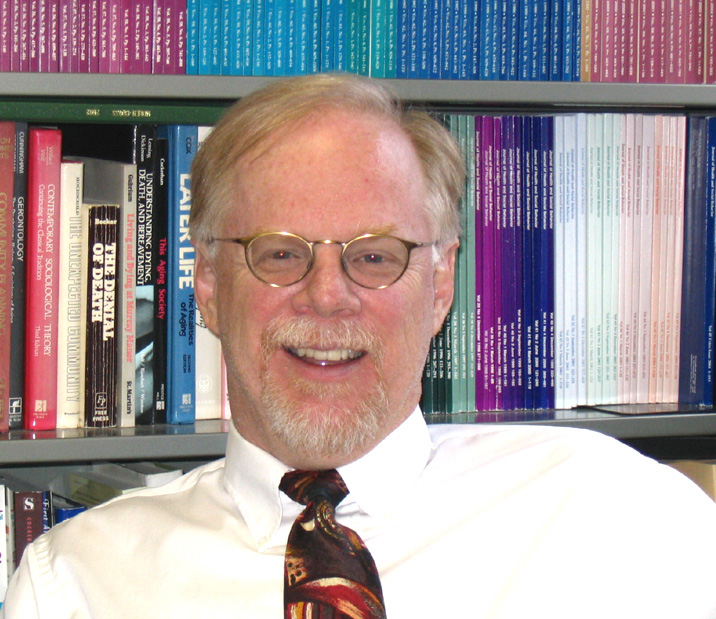FAYETTEVILLE, Ark. –The face of northwest Arkansas is changing — and it is changing quickly. In this climate, assessing the quality of life in the region as well as its needs and challenges is vital. Such information can guide mayors, city planners, funders, service providers and business leaders as they face complex planning and zoning decisions, try to decide how best to address the changing social needs in their communities or allocate scarce resources.
Kevin Fitzpatrick, director of the Community and Family Institute, plans to help make that process an easier and a more informed one through the research and educational outreach of the institute. A new four-year, $900,000 grant from the Harvey and Bernice Jones Charitable Trust will allow Fitzpatrick to create a strong research team and develop interdisciplinary educational and research opportunities while serving the greater northwest Arkansas region.
Fitzpatrick notes that an underlying mission of the institute is to become a resource center where community leaders, service providers, business leaders and philanthropists can get answers to a wide variety of social questions such as “Do residents have access to adequate health care?” “Who are the homeless in our communities?” and “Is housing affordable?”
Fitzpatrick, a professor of sociology and holder of the Jones Chair in Community in the J. William Fulbright College of Arts and Sciences at the University of Arkansas, plans to make the institute a place where community leaders, philanthropists and people from all walks of life can come to get answers to questions about education, health, the arts, public safety, housing, homelessness, poverty, income and the general quality of life in northwest Arkansas, the state and beyond.
Some might want to know what they can expect the area to be like in five years. Most long-time residents could never have predicted the explosive growth of northwest Arkansas since 1990, when the population was a little more than 241,000. In 2006 it was more than 425,000.
“The most profound change in the area has been general population growth, coupled with an extraordinary increase in racial diversity,” said Fitzpatrick.
In 1990, more than 95 percent of the population was white. By 2006, the racial composition of Benton and Washington counties began to approach that of the United States as a whole. The number of Hispanics grew from 1.1 percent to 7.4 percent of the total population.
Comprised of Washington, Benton, Carroll and Madison counties, northwest Arkansas has evolved into a metropolitan area connected by interstates and served by a regional airport.
Fitzpatrick predicts that in the next five years, the population growth will begin to slow, in part a result of the economic downturn, but other types of changes will continue to press in on the region. He stresses that not all change is bad: even though racial diversity often breeds distrust, it also enriches communities.
He believes that one of the biggest problems facing the region in the future will be public transportation, which has an overwhelming impact on education, the job market, health care access and homelessness. Without affordable transportation, the elderly or the homeless are unable to get to work, to school or to the doctor’s office.
He and fellow researcher Brad Myrstol, an assistant professor in the department of sociology and criminal justice, have issued two community fact sheets on the changing face of northwest Arkansas and on housing and homelessness in northwest Arkansas. They will release a third soon on public safety.
“We see ourselves in part like forensic social scientists, digging for data. But the meaningful data we are uncovering will not only help residents build stronger communities, but also lead to more pragmatic responses for solving the problems and challenges that lie ahead,” said Fitzpatrick.
To read the fact sheets, go to http://sociology.uark.edu/1876.htm
Topics
Contacts
,
